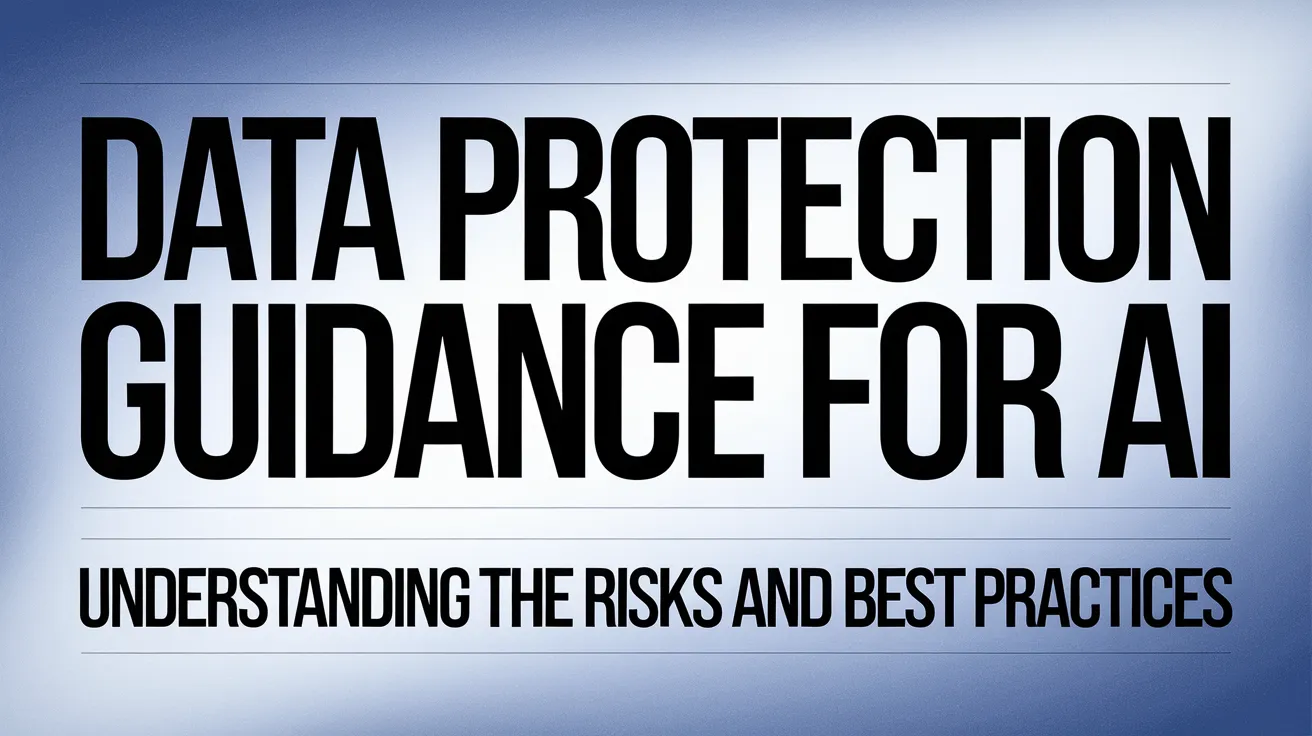New Data Protection Guidance for AI Models

The European Data Protection Board (EDPB) has released new guidance aimed at European data watchdogs regarding the use of personal data in the development and deployment of artificial intelligence (AI) models. This guidance comes in response to a request from the Irish Data Protection Commission (DPC), focusing on achieving regulatory harmonization and clarity on several pressing issues surrounding AI.
Key topics covered in the guidance include the conditions under which AI models can be deemed anonymous and the considerations regarding legitimate interests as a legal basis for processing personal data. The DPC has positively received this guidance, with Commissioner Dr. Des Hogan stating, “In having made this request for an opinion, the DPC triggered a discussion, in which we participated, that led to this agreement at EDPB level, on some of the core issues that arise in the context of processing personal data for the development and deployment of AI models, thereby bringing some much needed clarity to this complex area.” This highlights the DPC’s proactive role in addressing significant concerns related to data privacy in AI.
However, the guidance arrives amid criticism from major tech companies, particularly Meta, the parent company of Facebook, Instagram, and WhatsApp. Meta has voiced its concerns over the European regulatory landscape, characterizing it as unpredictable and fragmented. The company argues that such regulatory barriers hinder innovation and competitiveness within the European AI sector. In a noteworthy move, Meta announced in July that it would delay the rollout of future ‘multimodal’ AI models in the EU, citing privacy concerns raised by the DPC.
This new set of guidelines from the EDPB could promote a balance between regulating personal data use and fostering an environment conducive to innovation in AI development across Europe. As the dialogue surrounding AI regulation continues, it remains essential for all stakeholders to navigate these complexities effectively.